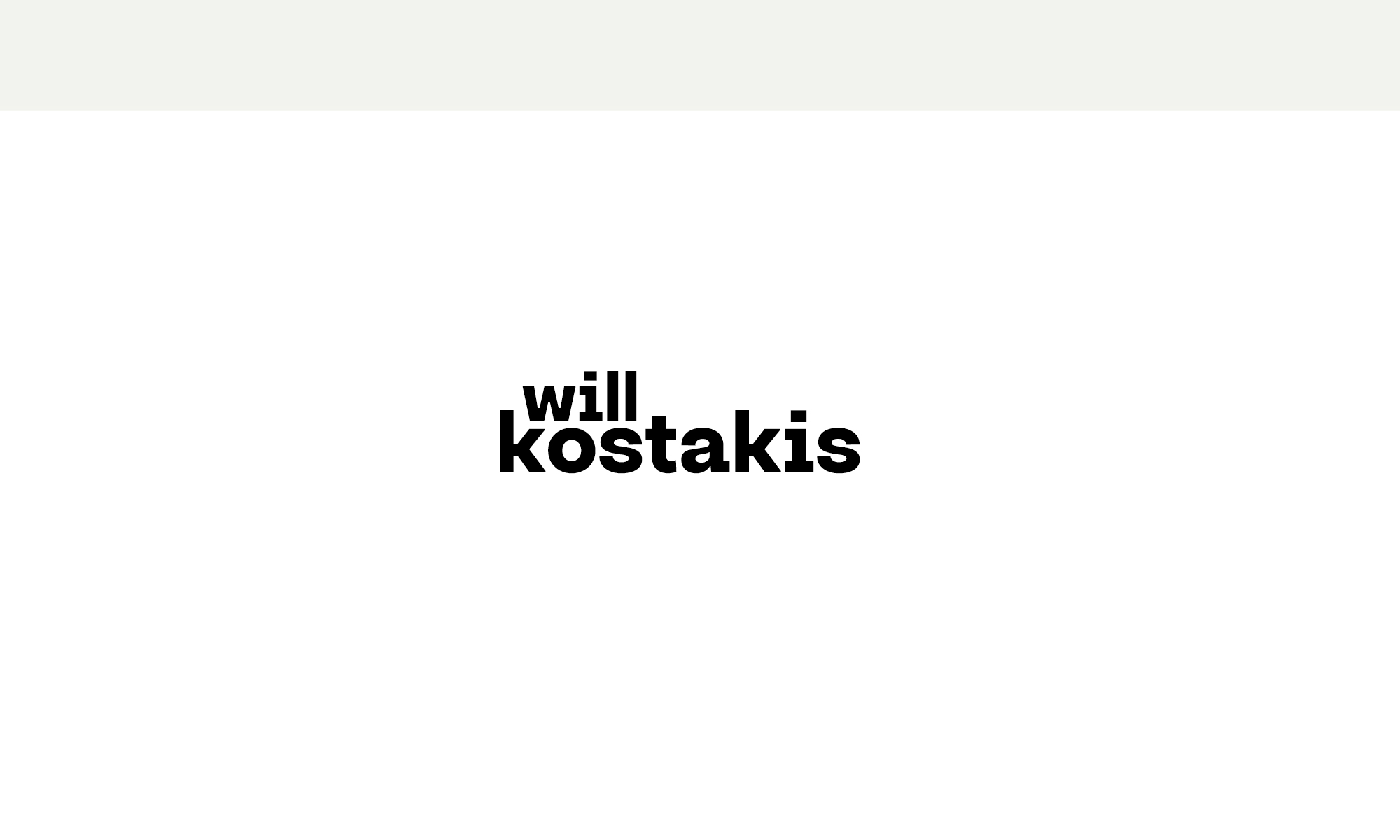
Almost a month after releasing Monuments, it’s probably too late to write a post introducing the novel and explaining why I wrote it.
I’m going to anyway.
In the years since The Sidekicks (good book, not biased, buy it), I’ve been thinking a lot about the books that I write. Contemporary realistic fiction. ‘You write what?’ is the standard response. People usually know contemporary realistic fiction by another name. Issue books. When we talk about books for children and young adults, we tend to elevate issue books above all others – as if a text that delights, transports and entertains can’t be as worthy as a text that grapples with stuff. I’ve benefited from that elevation. I’ve also benefited from being a cis man who writes issue books. That’s me doubly elevated. If I’d set one of my books in the recent past when overt racism was more acceptable and my aspiring-author child protagonist observed it, I’d have won the elevation trifecta.
My fourth novel for young adults could have been another issue book, and it almost was. But issue books are hurting me.
It’s emotionally exhausting to draw from your own life. I lived one of my biggest fears writing The First Third, my maternal grandmother’s death, and I revisited one of the most soul-crushing experiences of my life, a close friend’s death, when crafting The Sidekicks. When you hurt yourself to write a book, the hurt doesn’t end when that book is released. I have to revisit that fear and that pain every single time I talk about my work. Death by a thousand cuts. It’s what’s expected of authors who draw inspiration from their life … and it’s torture. I endure it because I see people in my audiences who share the same fears and have felt the same hurt. We acknowledge it, and then we laugh. I make sure we do. Laughter releases the tension. We feel lighter afterwards, relieved.
After writing The Sidekicks, I needed to let myself laugh again. My fourth novel had to be a comedy.
Issue books are hurting me in other ways. The primary theme in my novels is identity. I know it’s one of those themes where, if you look hard enough, every text is about it. But I make extra sure that my novels are about it. The thing is though, when you’re writing an issue book, and you want its primary theme to be identity, then the issues stem from identity. In The First Third, Billy’s Greekness was something he had to wrestle with, and the intersection of Lucas’s sexuality and disability was what he dealt with. In The Sidekicks, Ryan came to terms with his sexuality and being known as the “gay” swimmer. While I’m incredibly proud of those books and their explorations – heck, writing Ryan’s arc gave me the confidence to come out to my close family and friends – looking at parts of myself, in the case of sexuality and ethnicity, and framing those parts as issues to overcome is taxing. It’s even worse when that becomes an expectation of my readership.
Why is there always a “Greek tragedy waiting to happen”? Why must the gay kid in fiction struggle to come to terms with himself? Why can’t the gay Greek kid just save the world?
My fourth novel wouldn’t be an issue book. It would be a comedy, and the gay Greek kid would go on an adventure.
Funny, flustered and fabulous, Connor swam around in my head for years. I would daydream about the moment he discovered a god hidden in the foundations of his school. I heard his snarky commentary as he embarked on a Capital-Q Quest.
He didn’t arrive in my head fully formed though. He was the culmination of every school visit, of every conversation I had with teens who felt powerless, teens who felt equipped to changed the world, but who didn’t have the opportunity to. Touring from Denver, Colorado to Moora, Western Australia, I am bowled over by today’s teens. They are kind and open-minded in ways we all aspire to be. I watch the ways they embrace their LGBTQIA peers, strike for climate change, strive for refugee justice, and when I leave after a long day, my heart is full. The future is so bright. Then I scroll through Twitter, and I wish the future would get here faster. Our teens put our leaders to shame.
My fourth novel would be about that.
Wait, no. It was supposed to be a comedy about the gay Greek kid who went on an adventure. It was meant to be an antidote to me writing texts that grappled with stuff. But here’s the plot twist: all books grapple with stuff. Genre fiction is just as capable at reflecting our world and its concerns as contemporary realistic fiction. Only, genre fiction can do it with dragons*.
*There are no dragons in Monuments. There is a quest to find ancient gods and a cute couple you’ll ship hard though.
